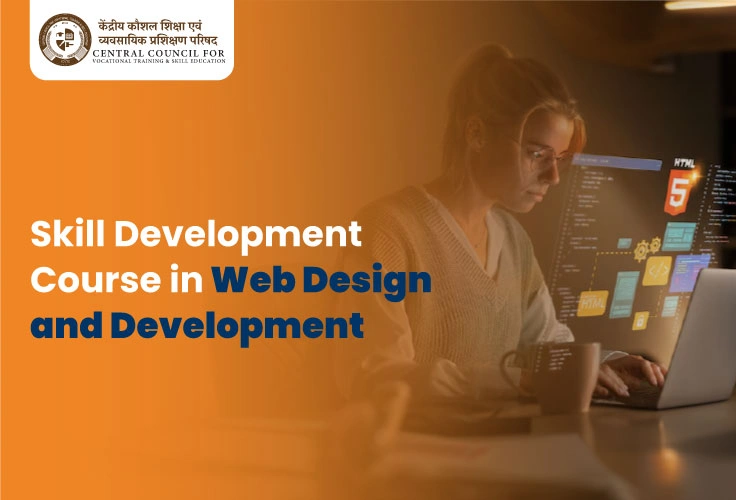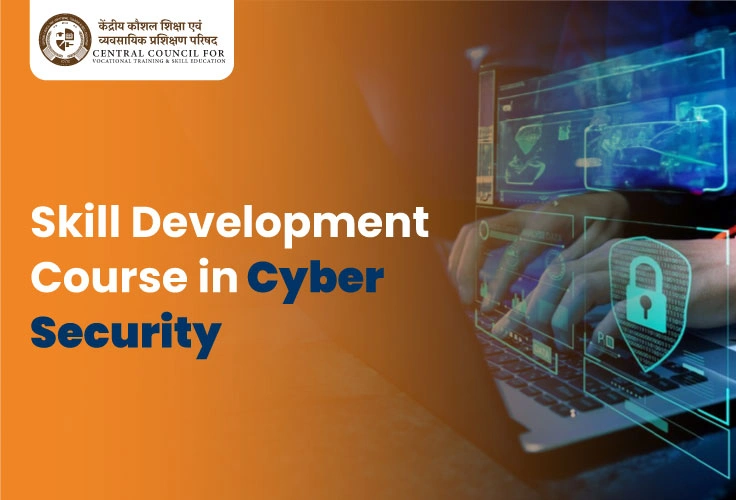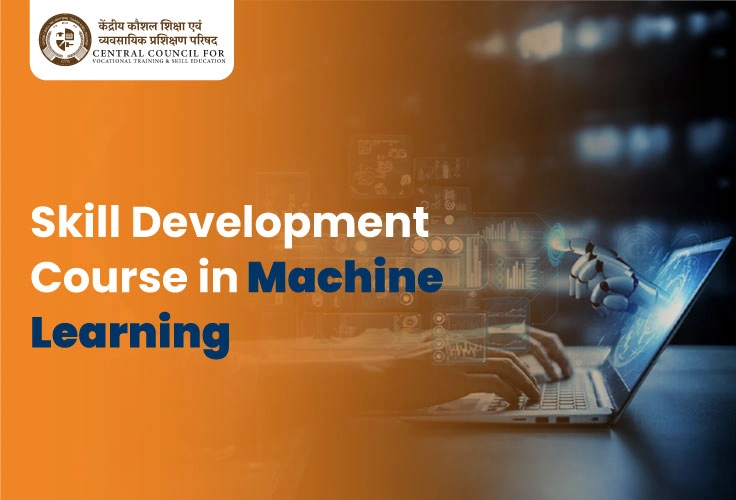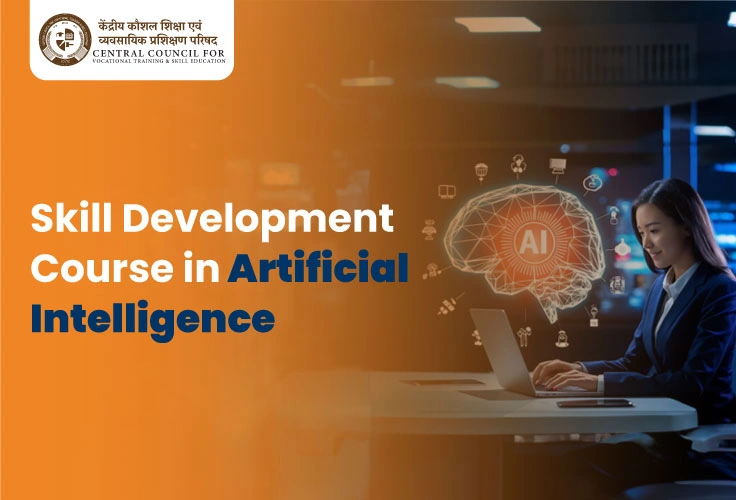- +91 8595350621
- info@ccvte.org
- C4/97B, Keshav Puram, Delhi-110035
DevOps
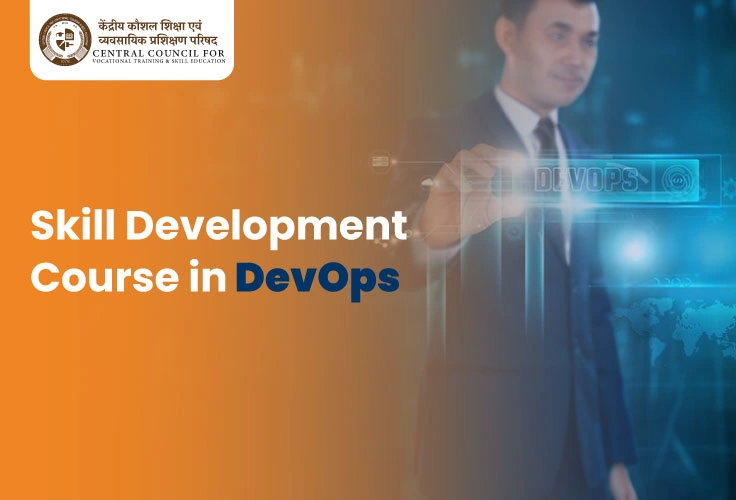
Skill Development Program in DevOps
DevOps is a set of practices designed to enhance collaboration between development and operations teams, aiming to improve the speed, quality, and efficiency of software delivery. It emphasizes breaking down traditional silos and fostering close communication between these teams. Automation is a key principle of DevOps, streamlining repetitive tasks such as code integration, testing, and deployment to reduce manual effort and accelerate release cycles. Central to DevOps are practices like Continuous Integration (CI), where code changes are frequently merged into a shared repository to identify and resolve integration issues early, and Continuous Delivery (CD), which automates the process of deploying code changes to production environments, ensuring reliable and quick releases. DevOps also involves robust monitoring and logging to gain insights into application performance, detect issues, and facilitate troubleshooting.
Why did you choose the DevOps Course from CCVTE?
Choosing a DevOps course from a CCVTE offers several advantages:
- Industry-Relevant Curriculum: We provide up-to-date and practical knowledge that aligns with current industry standards and demands.
- Expert Instructors: Our courses are typically taught by experienced professionals and researchers who are leaders in the field, ensuring high-quality instruction.
- Hands-On Experience: Our courses offer hands-on projects and real-world case studies, allowing you to apply theoretical knowledge and build a robust portfolio.
- Networking Opportunities: Enrolling in Our courses we can provide networking opportunities with peers, instructors, and industry professionals, which can be valuable for career growth.
- Certification: Upon completion, you often receive a recognized certification or diploma that can enhance your resume and improve job prospects.
- Access to Resources: Our courses usually provide access to a wealth of learning materials, tools, and platforms that can facilitate deeper understanding and practical skills development.
- Career Support: We provide career support services such as job placement assistance, resume reviews, and interview preparation, helping you transition into the workforce more smoothly.
Specialization in DevOps
- Cloud Engineering
- Site Reliability Engineering (SRE)
- Continuous Integration/Continuous Deployment (CI/CD) Engineering
- Infrastructure Automation
- Security Engineering
- Monitoring and Observability
- Release Management
- Performance Engineering
- Automation Testing
- Configuration Management
- Containerization
- DevOps Consulting
- Application Performance Monitoring (APM)
- DevOps Architecture
- Platform Engineering
- Build and Release Engineering
- DataOps
Career Opportunities
- DevOps Engineer
- Site Reliability Engineer (SRE)
- Cloud Engineer
- Continuous Integration/Continuous Deployment (CI/CD) Engineer
- Infrastructure Engineer
- Automation Engineer
- Security Engineer
- Release Manager
- Monitoring and Observability Specialist
- Performance Engineer
- Build and Release Engineer
- Platform Engineer
- Application Performance Monitoring (APM) Specialist
- DataOps Engineer
- DevOps Consultant
Syllabus
|
3 Months |
6 months |
1 year |
2 years |
|
Introduction to DevOps |
Introduction to DevOps |
Introduction to DevOps |
Introduction to DevOps |
|
Version Control Systems |
Version Control Systems |
Version Control Systems |
Version Control Systems |
|
Continuous Integration (CI) |
Continuous Integration (CI) |
Continuous Integration (CI) |
Continuous Integration (CI) |
|
Continuous Deployment (CD) |
Continuous Deployment (CD) |
Continuous Deployment (CD) |
Continuous Deployment (CD) |
|
Infrastructure as Code (IaC) |
Infrastructure as Code (IaC) |
Infrastructure as Code (IaC) |
|
|
Containerization with Docker |
Containerization with Docker |
Containerization with Docker |
|
|
Orchestration with Kubernetes |
Orchestration with Kubernetes |
Orchestration with Kubernetes |
|
|
Cloud Platforms (AWS/Azure/GCP) |
Cloud Platforms (AWS/Azure/GCP) |
Cloud Platforms (AWS/Azure/GCP) |
|
|
Configuration Management Tools (Ansible/Chef/Puppet) |
Configuration Management Tools (Ansible/Chef/Puppet) |
||
|
Monitoring and Logging |
Monitoring and Logging |
||
|
Security in DevOps (DevSecOps) |
Security in DevOps (DevSecOps) |
||
|
Automation Testing |
Automation Testing |
||
|
Site Reliability Engineering (SRE) |
|||
|
Performance Optimization |
|||
|
Advanced CI/CD Pipelines |
|||
|
Capstone Project and Real-world Applications |
Top Hiring Companies
- Amazon
- Microsoft
- Facebook (Meta)
- IBM
- Netflix
- Apple
- Salesforce
- VMware
- Cisco
- Atlassian
- Red Hat
- Adobe
- Oracle
- SAP
- IBM
- Accenture
- Deloitte
- Capgemini
Other IT/Computer Courses Provided by CCVTE
Frequently Asked Questions
Version control systems: Git, GitHub, GitLab
- CI/CD tools: Jenkins, CircleCI, Travis CI
- Containerization: Docker, Kubernetes
- Configuration management: Ansible, Puppet, Chef
- Infrastructure as code: Terraform, AWS CloudFormation
- Monitoring and logging: Prometheus, Grafana, ELK Stack
To enroll in a DevOps course, prerequisites are typically minimal. You should have a basic understanding of IT concepts and be familiar with operating systems, especially Linux. Some foundational knowledge of programming or scripting.
It Depends on your Course Duration if you complete a 3 and 6 months course , so you will get a certificate . and if you complete a 1 and 2 years course so you will get a diploma and advanced diploma.
Agile focuses on iterative development and customer feedback, while DevOps emphasizes collaboration between development and operations teams, and automating the software delivery process. DevOps often complements Agile by extending its principles into operations.
DevOps Engineer , Site Reliability Engineer (SRE) , Cloud Engineer , Continuous Integration/Continuous Deployment (CI/CD) Engineer , Infrastructure Engineer , Automation Engineer , Security Engineer , Release Manager , Monitoring and Observability Specialist , Performance Engineer , Build and Release Engineer.

